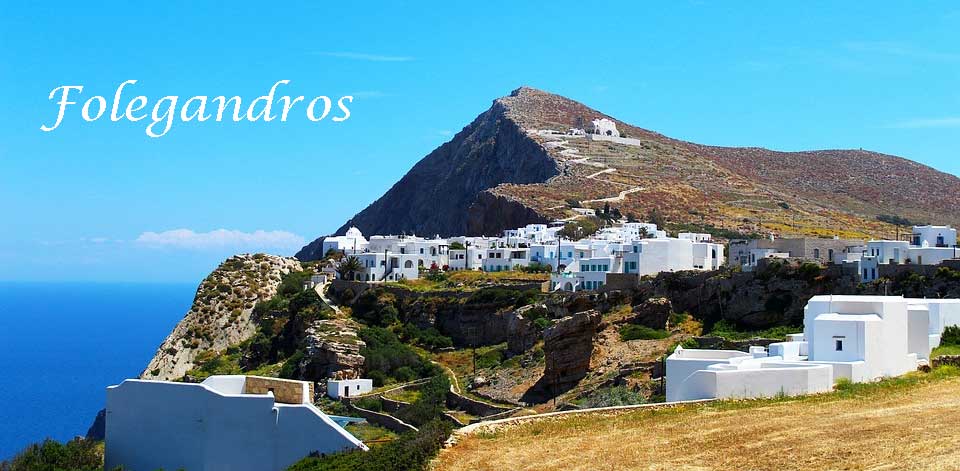History of Folegandros Greece

Ancient times
In 425 BC Folegandros is said to have already been conquered and was a vassal of the Athenians, paying an annual tax of 2,000 drachmas, according to an inscription found on the Acropolis of Athens. A second historical reference comes from an inscription found in Delphi despite the Sifnian treasure, from the 4th – 3rd century BC. that Folegandros is said to have contributed financially to the repair of the temple of Apollo, or to have been a colony founded at the behest of the Oracle. The Romans used the island as a place of exile.
Middle Ages-Later years
During the Frankish period, Folegandros belonged to the Duchy of the Aegean. It was conquered by the founder of the Duchy, Markos Sanoudos, in 1212 and he erected a large fortified fortress at the highest point of the Chora, where the ancient city is also located. The island remained under the rule of the Venetians until 1566, when it was deserted by Turkish pirates. In 1617 the Turks occupied the island and ruled it until 1821. In the year 1715 Folegandros suffered plunder and desolation by Pasha Janum Hoxha who enslaved its inhabitants.
20th century
During the period when the institution of deportations was in force, i.e. between 1928 and 1971, a total of 29 Aegean islands were used as places of exile and prison, including Folegandros. In fact, in 1937, the dictatorial Regime of August 4 designated the islands of Agios Eustratios, Anafi, Sifnos and Folegandros as places of exile for “communists of a lesser degree of seriousness”. Among the exiles of that period in Folegandros were important personalities of the spirit such as Foula Hatzidakis, Miltiadis Porphyrogenis and others.
